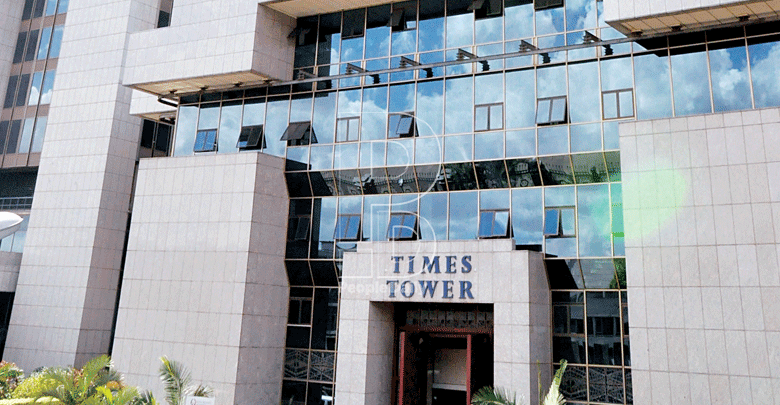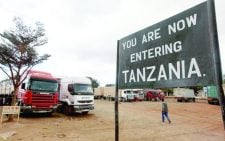Why KRA could miss out on turnover tax targeting SMEs

Kenya Revenue Authority could miss out on collections of the three per cent turnover tax (TOT) targeting small businesses this January, with small and medium-sized enterprises showing ignorance of the levy.
From January 1, the government, through KRA sent out a statement, signalling intent to target some 2.5 million business entities in the informal sector by re-introducing TOT.
Through the tax, persons whose business income is less than Sh5 million will be levied three per cent of their gross sales targets on or before the 20th day of the following month through the iTax platform.
Most traders who fall in this category who spoke to Business Hub, said though they are willing to abide by the law, they expressed concern that KRA has not given clear guidance on how to remit the tax.
“I have heard of the new tax. But so far, we have not had any agent from KRA visiting us to instruct us on how to pay it,” said Felix Njage, proprietor of Kijiti Kela Investments.
Grocery store
Njage, who owns a grocery store in Satellite area, Nairobi, currently files his receipts and keeps them on the shelf of his shop and says should KRA come calling, he will show them the receipts.
“We have not refused to pay the tax. After all, that is an obligation for all of us who do business,” said Stephen Wainaina, a curio dealer, who, however, says KRA must educate them on how to file their returns.
Njage and Wainaina are just but two examples of millions of small-scale traders that KRA hopes to tie into the income tax bracket through TOT, who nevertheless do not know of the existence of iTax which will allow them to among other things, update their tax registration details, file tax returns, register all tax payments and make status enquiries with real-time monitoring of their ledger/account.
While Francis Kamau, a tax expert and partner at EY Kenya says turnover tax is not new, having been introduced in 2007 though it has faced implementation challenges, he added that KRA needs to work closely with county governments to gain from it.
“There are a lot of people who own hundreds of camels, sheep and cows who do not pay taxes. They must work closely with county governments to bring such people into the tax bracket,” he added.
KRA Commissioner for Domestic Taxes Elizabeth Meyo agrees, saying a key contributing factor to low compliance levels within the informal sector has been a wide tax education gap, which the authority now hopes to effectively bridge through sensitisations.
“Kenya Revenue Authority has put in place an elaborate tax education framework specially tailored to meet the needs of the sector,” she said, adding that with presumptive tax, ToT and tax education now in place,it is upbeat that the taxation landscape of the informal sector is set to change for the better.
She said compliance by players in the sector will enable KRA collect more revenue, bridge budget deficits and ensure the government comfortably meets its obligations of providing crucial services such as healthcare, education and undertake infrastructural projects without relying on foreign aid.
Apart from the substantial economic contribution, the informal sector is one of the biggest employers in Kenya.
An Institute of Economic Affairs report titled “Economic Burden of the Informal Sector”, says despite the sector accounting for over 80 per cent of employment opportunities in the country, the sector has remained the taxman’s hardest nut to crack.
National Treasury, re-introduced the tax mechanism targeted at Small and Micro Enterprises (SMEs) known as Turnover Tax through the Finance Act 2019.
Additional tax
First introduced in 2007, and subsequently repealed, experts say TOT is not intended to be an additional tax burden to SMEs, but rather an opportunity for SMEs to pay their fair share of taxes, thus boosting their tax compliance, albeit at subsidised rates.
This is expected to widen the tax net in the long term, by capturing the informal sector that has traditionally proven to be difficult to tax.












